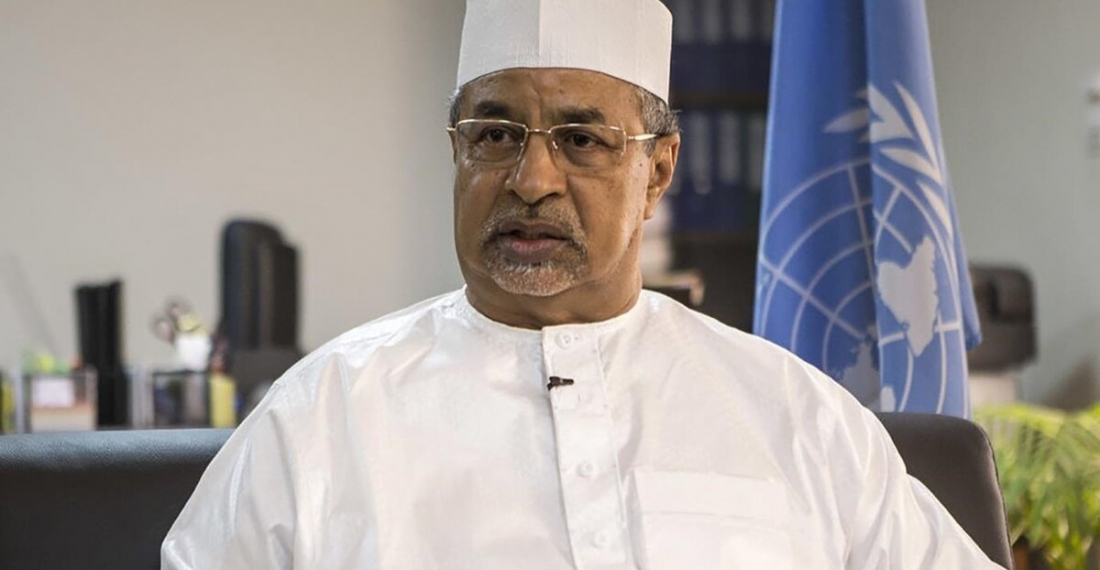After a joint summit of the G5 Sahel and the UN held in Dakar (Senegal) on 20-21 May, the Special Representative of the UN Secretary General for West Africa and the Sahel, Mahamat Saleh Annadif, has called for supporting the G5 Sahel Joint Force through compulsory contributions to allow its integration into UN peacekeeping operations.
“Contrary to what many people think, the Force today has a Chapter VII mandate, which means that it has been authorised to fight terrorism,” Mr Annadif explained in an interview with the United Nations Information Center in Dakar.
“But what is at issue today is that it is not a United Nations force and it cannot benefit from assessed United Nations contributions. So far these are voluntary contributions,” he added.
Mr Annadif reiterated the UN Secretary-General's call to integrate the G5 Sahel Joint Force into peacekeeping operations in order to receive mandatory funding. "Until then, in the Security Council, there is still reluctance," he said.
The G5 Sahel was created in 2014 with the aim of uniting and co-ordinating actions to fight terrorism in the five countries it brings together, namely Burkina Faso, Mali, Niger, Mauritania and Chad. Since then, the United Nations has worked with the security alliance to co-ordinate economic and social development programs, as well as a unified response in terms of security and the fight against terrorist and criminal groups operating in the region.
The head of United Nations peace operations, Jean-Pierre Lacroix, stressed the crucial role played by the Joint Force of the G5 Sahel in the fight against terrorist groups in the region before the Security Council on May 18.
According to him, in the future, the strengthening of the police component of the G5 Sahel would be an important step not only towards improving the monitoring of military operations, but also "to link them with state building, support for the justice sector and penitentiary reform, as well as the efforts made in the framework of respect for human rights”.
During the summit in Dakar, the executive Secretary of the G5 Sahel, Maman Sambo Sidikou of Niger, reiterated this need to strengthen local actors and authorities, which necessitates further funding.







